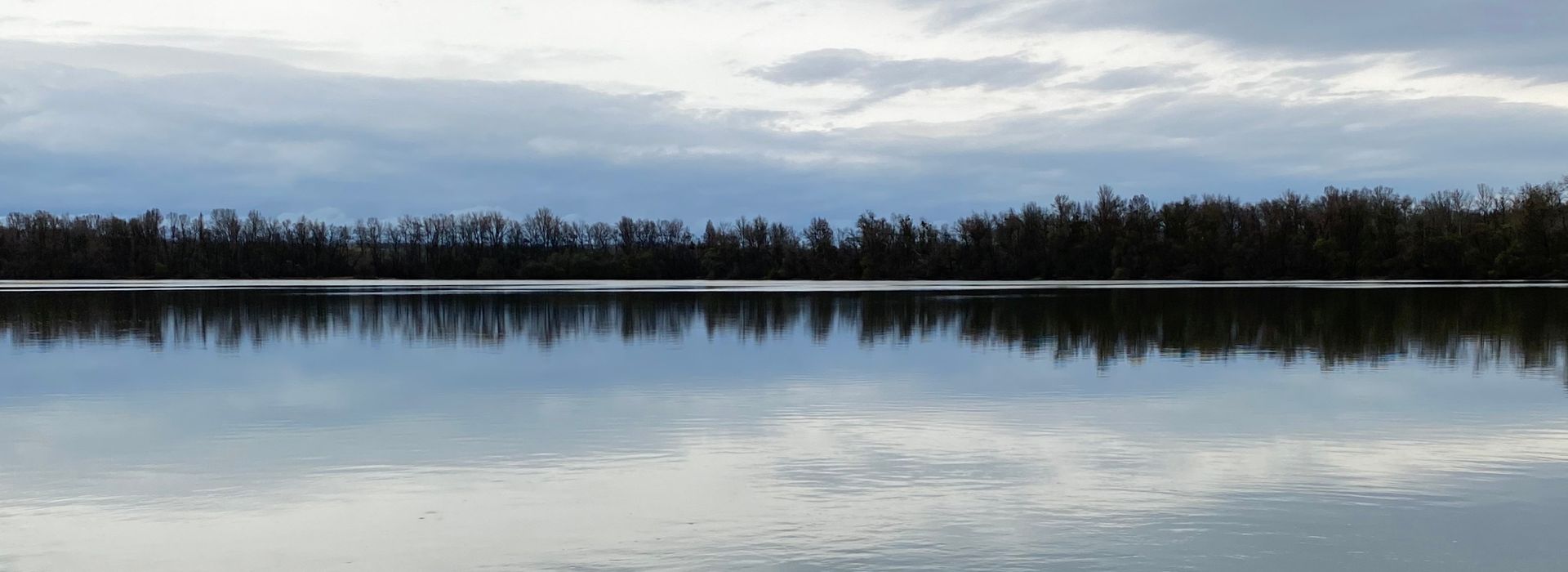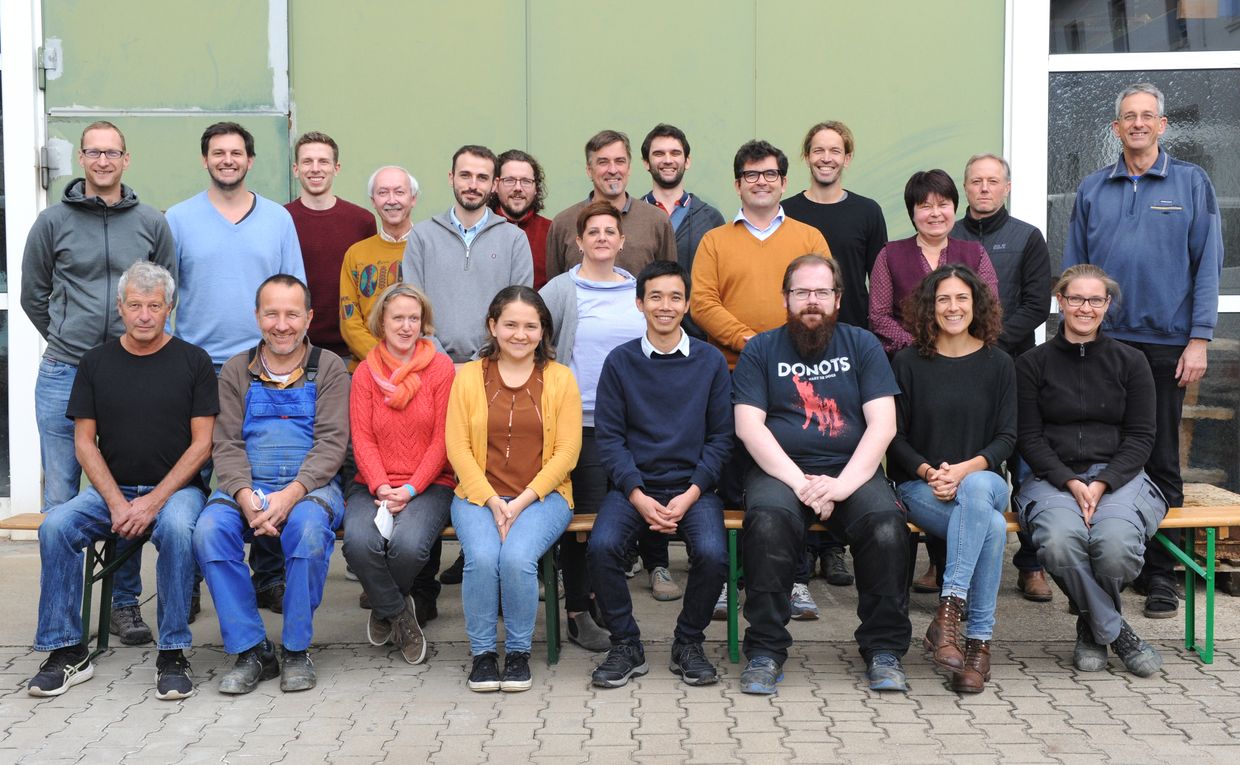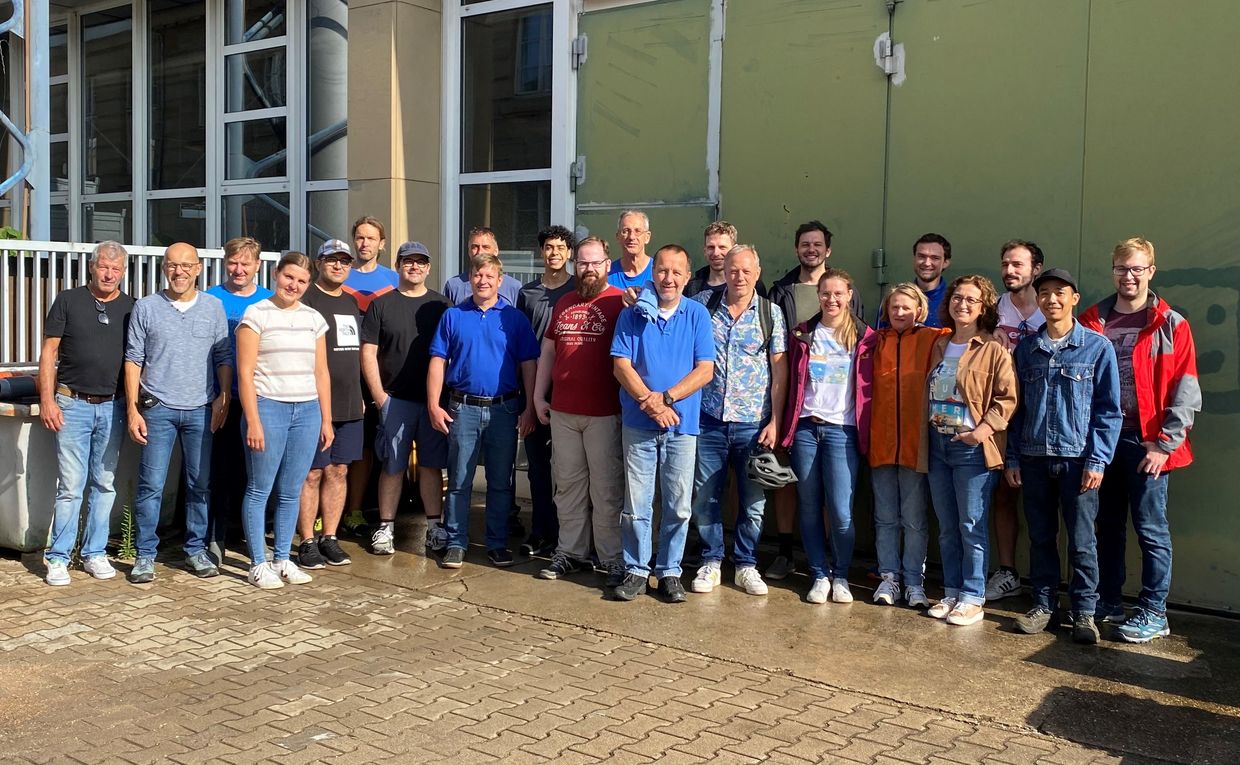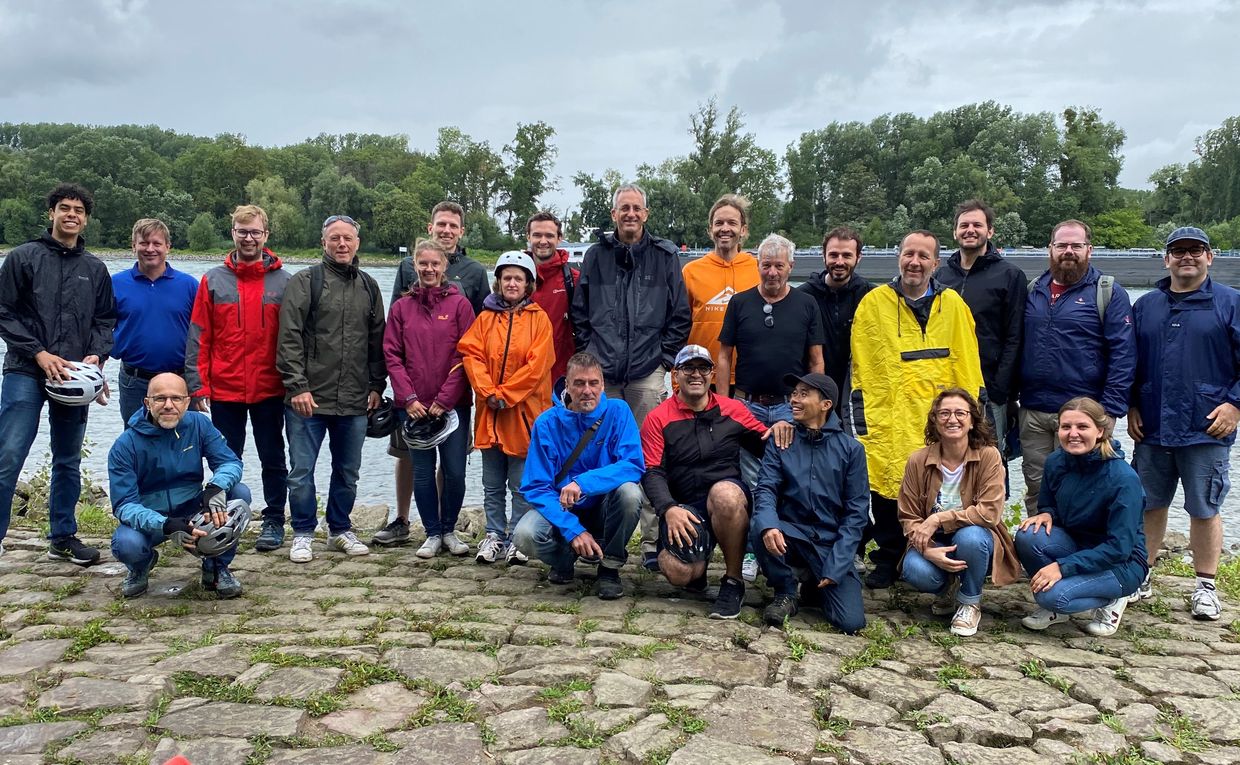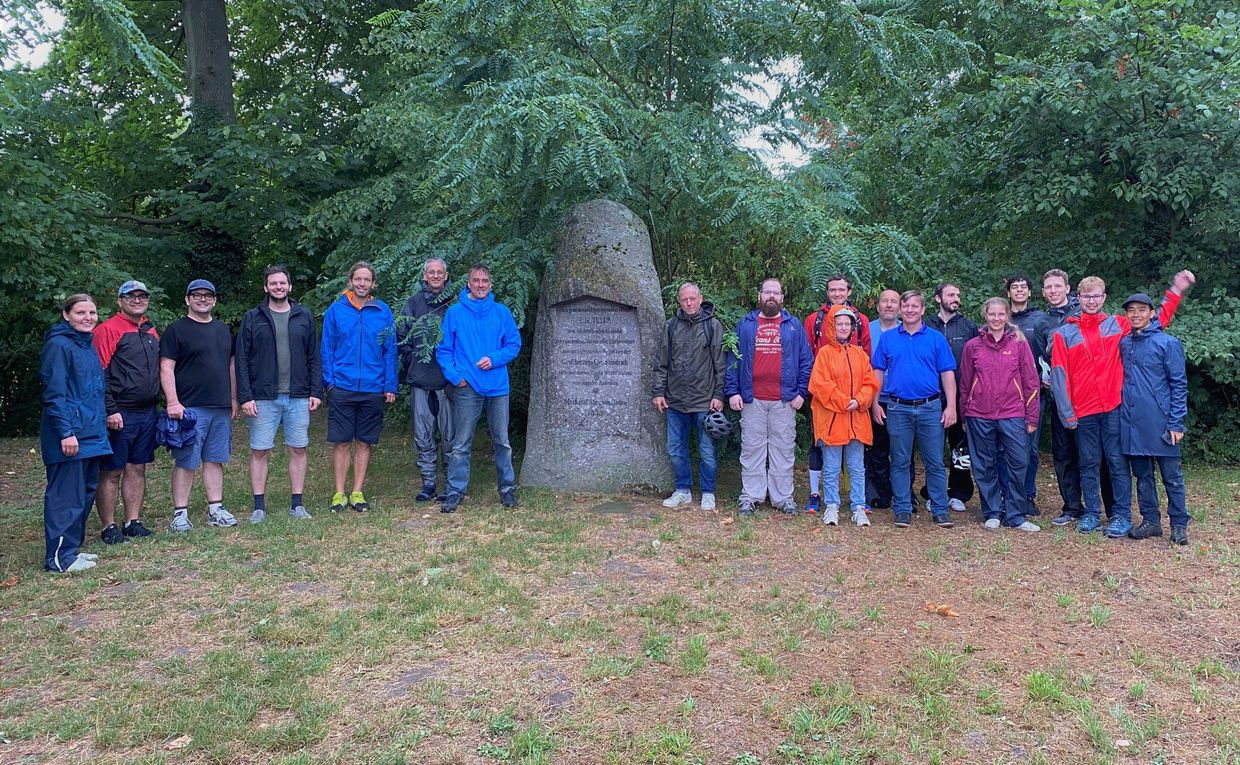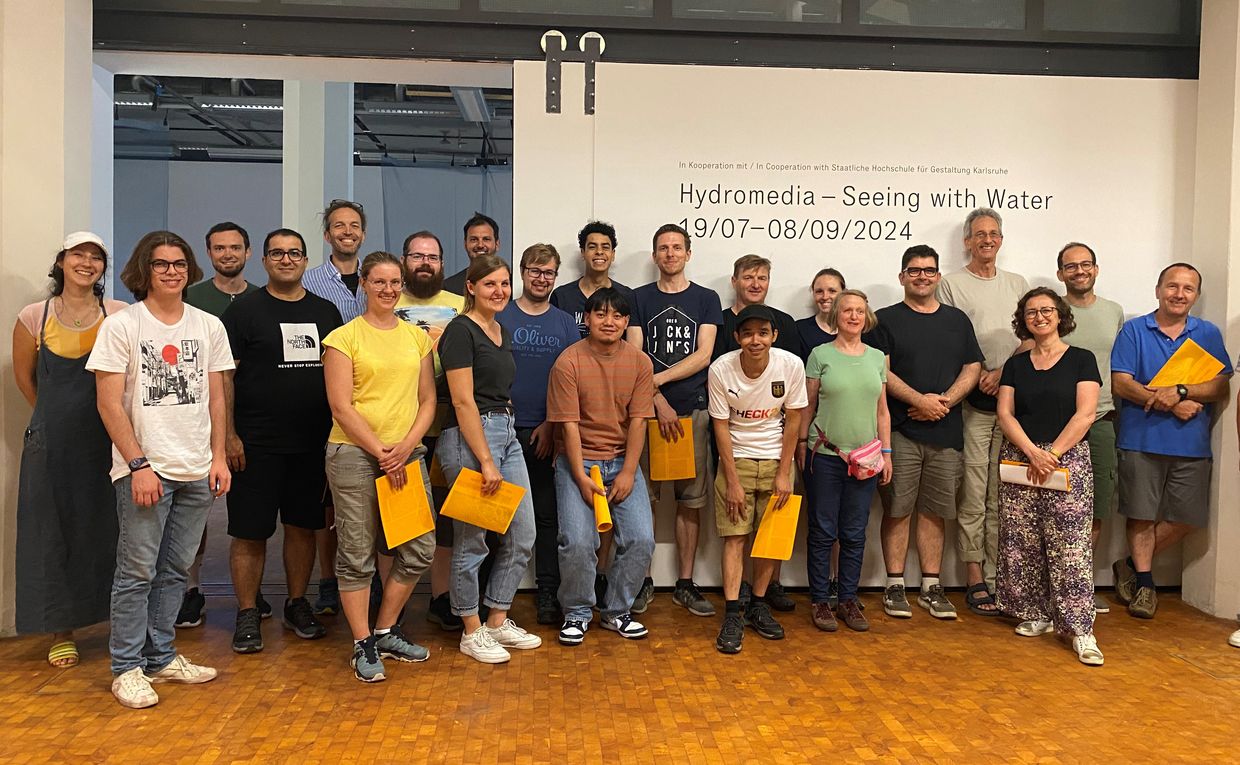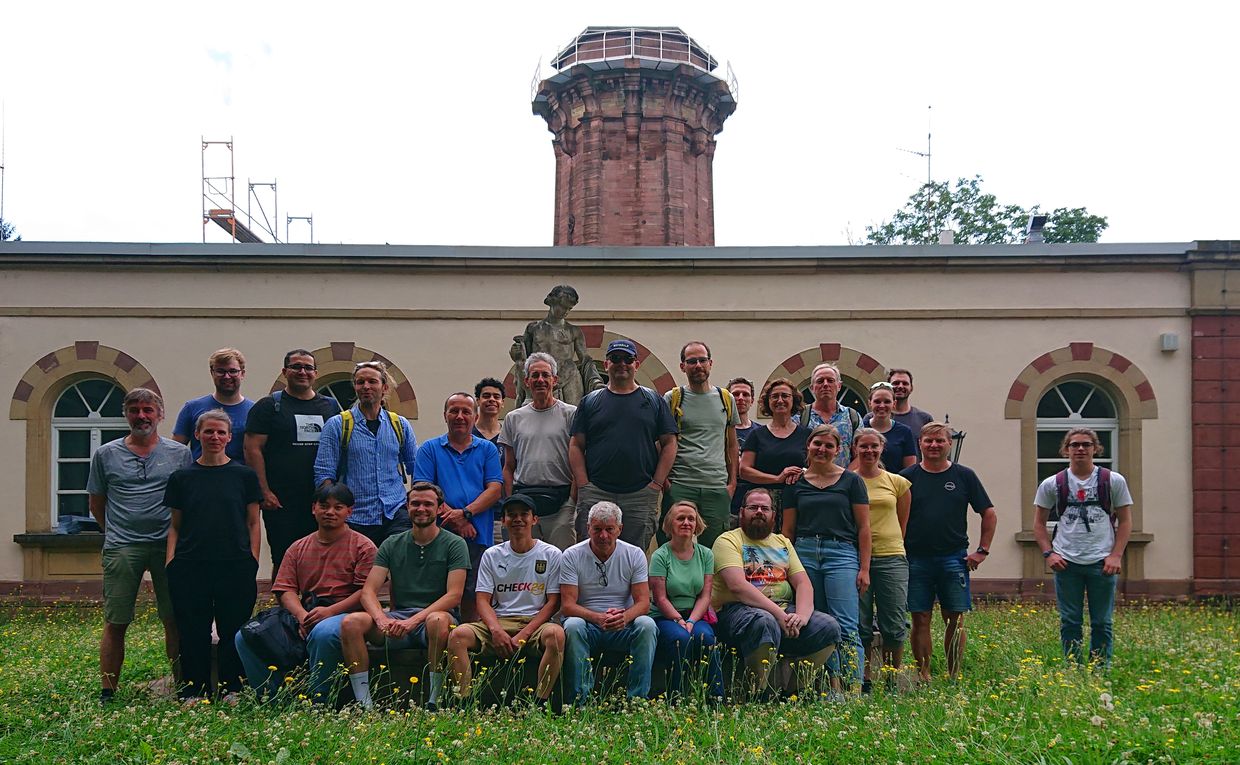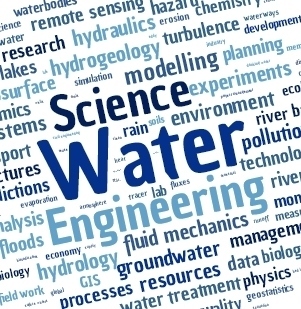Head:
Address:
Karlsruhe Institute for Technology (KIT)
Institute for Water and Environment
- Hydraulic Engineering and Water Resources Management -
Kaiserstrasse 12
76131 Karlsruhe
Phone: +49 (0)721 - 608-44418
Email: wasserbau∂iwu.kit.edu
Visiting address:
The challenges facing water managers and engineers nowadays are manifold, complex, and require cross disciplinary approaches. These challenges include the safety of hydraulic natural and built systems, ageing infrastructures, pollution, guarantee of energy and food security, sustainable development and safety of urban environment, ecological feedbacks and an uncertain future.
Our group develops research towards engineering solutions for the design, the planning and the implementation of sustainable water infrastructures prepared for global change. We investigate the mechanics of flowing water and its interaction with key elements of a river basin such as sediments, dissolved matter, gases, living organisms and people. More specifically, the group is committed to develop research on four main topics: sustainable and secure water for supply, food and energy; adaptive and multi-functional hydraulic systems; healthy rivers; and geophysical processes in rivers and lakes.
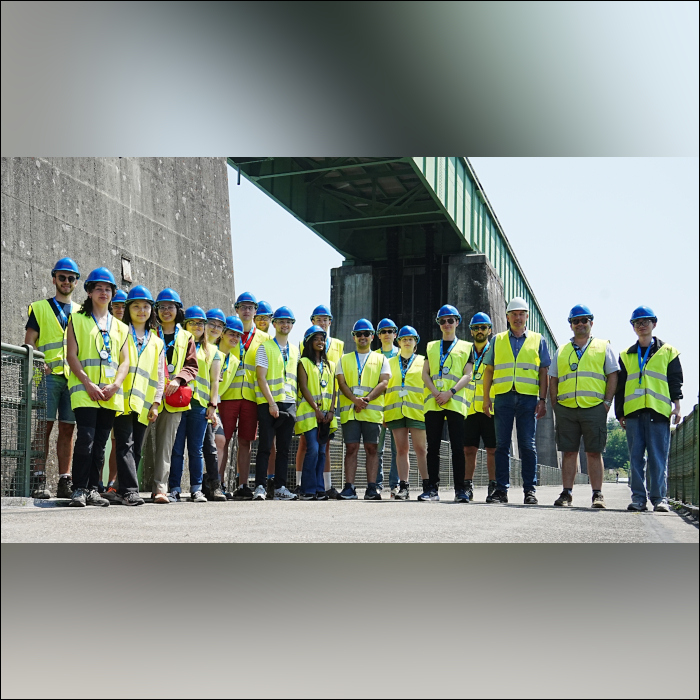
From June 10 to June 13, 2025, our students once again had the opportunity to explore various hydraulic engineering and water management facilities as part of the Pentecost excursion. They were able to connect their theoretical knowledge from their studies with valuable practical insights. Accompanied by Victor Dupuis and Yesheng Lu from the Chair of Environmental Fluid Mechanics, as well as Prof. Mário Franca and Daniel Beetz from the Chair of Hydraulic Engineering and Water Resources Management, 17 students experienced impressive days in southern Baden-Württemberg.
The technical excursion destinations included the Kleine Kinzig dam, Elz river revitalization, Lake Constance water supply, the Center of Fishery Research of Baden-Württemberg, the Albbruck-Dogern hydropower plant, the Hornberg Basin of the Wehr pumped storage power plant, and the Wolterdingen flood retention basin.
The program was rounded off with “non-technical” evening activities such as shared dinners, free time in Überlingen – some used the opportunity to swim in Lake Constance – and a guided tour of the Badische Staatsbrauerei Rothaus brewery.
We would especially like to thank all operators and stakeholders who made these exciting visits possible, as well as all sponsors and the Verein zu Förderung der Ausbildung und Forschung in der Hydromechanik e. V. for their generous financial support.
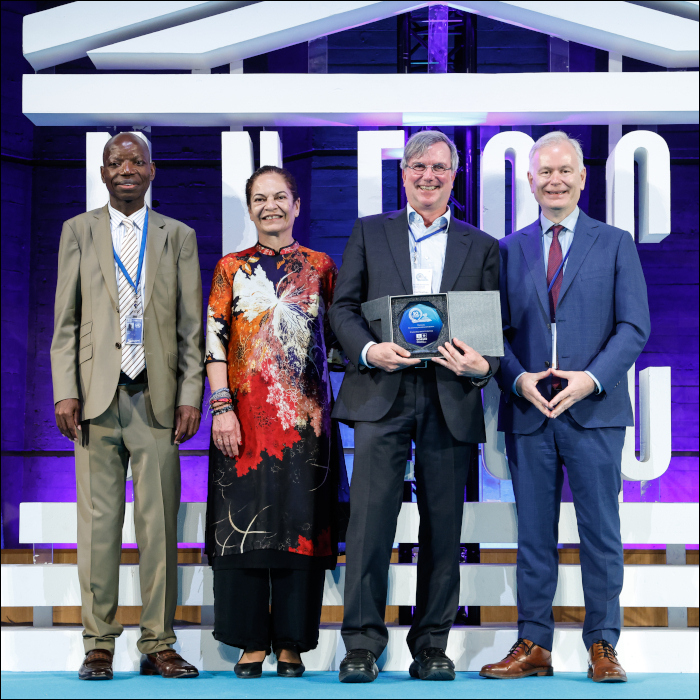
On the occasion of the 50th anniversary celebration of the Intergovernmental Hydrological Programme (IHP, PIH) by UNESCO, Karl Matthias Wantzen's work has been recognized as " long-standing contribution to the Intergovernmental Hydrologial Programme". The price trophy was delivered by Mr. Abou Amani (director IHP), Mrs Lidia Brito (UNESCO Assistant Director General for natural sciences) and Prof. Helmut Habersack (BOKU Vienna, Chairperson of the IHP Council). Especially the 12-year UNESCO Chair (Fleuves et Patrimoine / River Culture) work, including concept-development of the River Culture Concept, the editing of the 900 page book "River Culture - life as a dance to the rhythm of the waters" and the engagement for Global South-Global North cooperation on Ecohydrology were recognized.
KM Wantzen holds the EUCOR Excellence Chair on Water and Sustainability, which is a joint professorship from the University of Strasbourg and KIT (IWU). During the event, he delivered a keynote on River Culture as an approach to rediscover and facilitate the implementation of ecohydrological NbSs All presentations will soon be online on https://www.unesco.org/en/ihp/50y?hub=68140
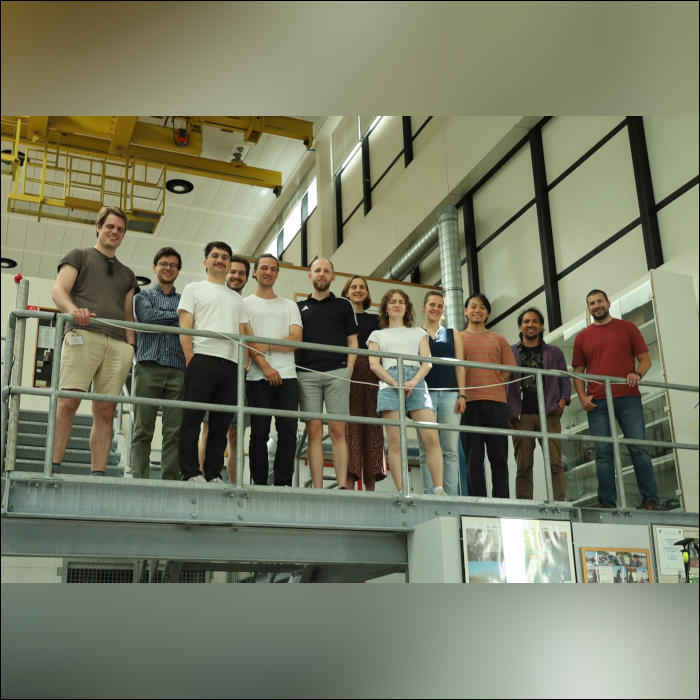
On 12–13 June, Dr. Jiangtao Yang presented his experimental research on the physical degradation of large wood in rivers at GESINUS 2025, held at Universität der Bundeswehr München, Munich.
In his presentation, he demonstrated possible wood debarking patterns under varying conditions such as flow velocity and water depth, and discussed how these parameters influence the debarking rate.
During the seminar, it was also a great opportunity to visit the hydraulic laboratory at Universität der Bundeswehr München and learn about their ongoing research on the deposition mechanisms of debris flows and soil seepage processes under freeze–thaw cycles.
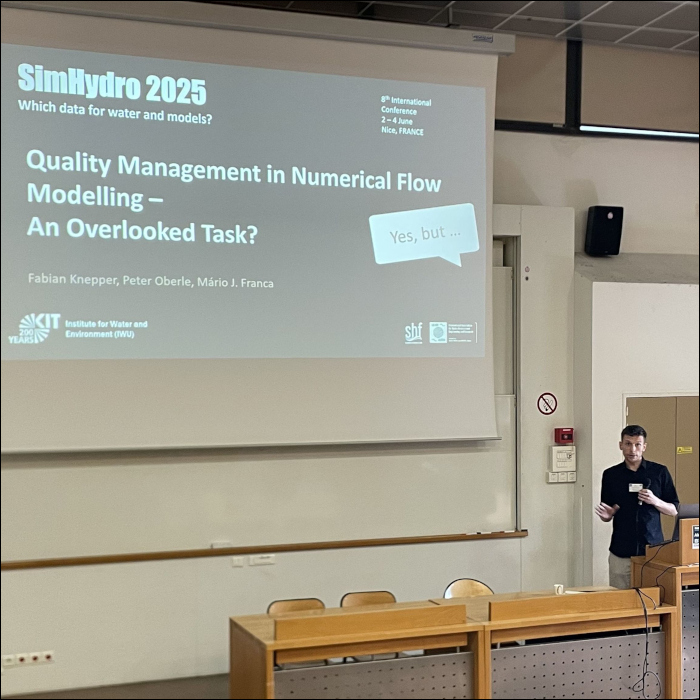
The SimHydro Conference 2025 took place from June 2nd to 4th on the Sophia Tech campus of the Université Côte d'Azur. It addressed the question "Which data for water and models?".
Fabian Knepper represented IWU-WB and gave an oral presentation on the results and conclusions from the international survey on the state of QA/QM in flow modeling conducted by the IWU-WB.
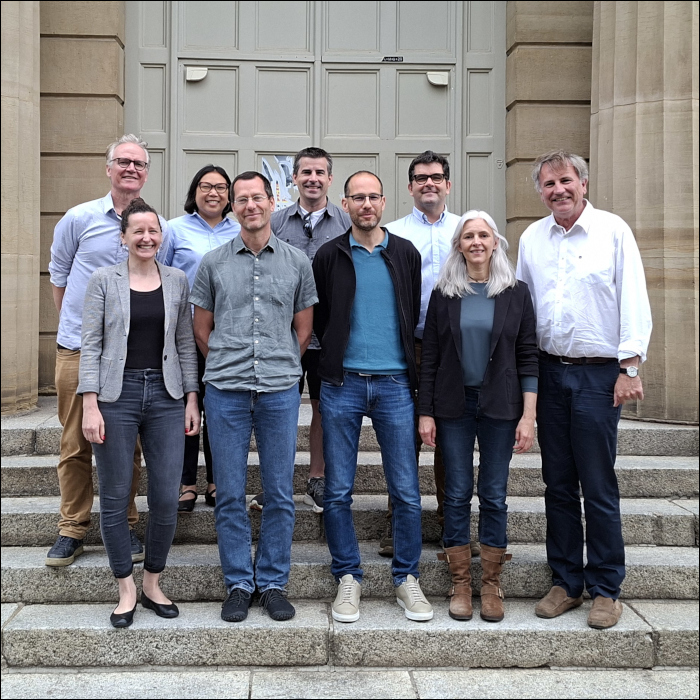
In the first week of June, we had the pleasure of welcoming a delegation from the University of Waterloo (Canada) to our Institute.
This visit was part of an ongoing exchange, following our trip to Waterloo in spring 2024. The visit provided an excellent opportunity to showcase KIT-IWU’s research activities and infrastructures to our Canadian colleagues, to further strengthen the long-standing collaboration between our universities, and to reinforce the connection between Baden-Württemberg and Ontario. Most importantly, it served as a platform to lay the groundwork for exciting new partnerships in the water sector. We sincerely thank the KIT International Office for their valuable support and look forward to the next steps in this promising collaboration!
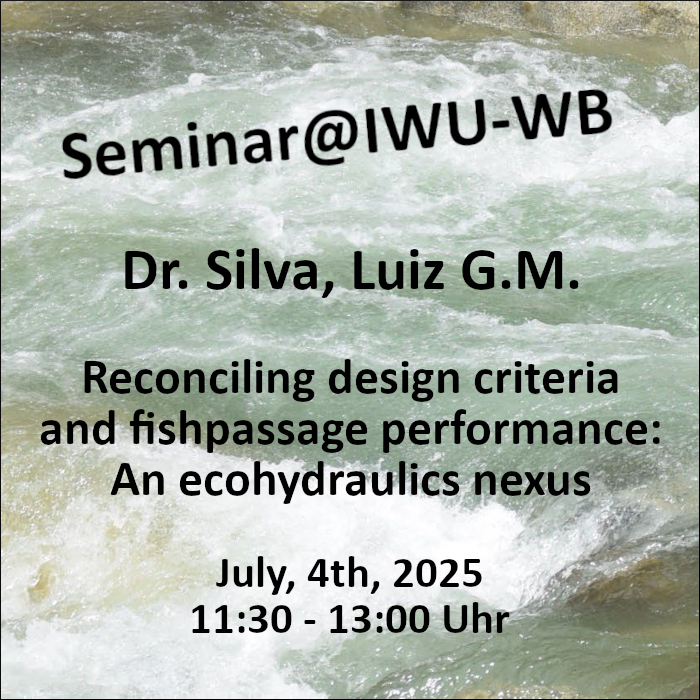
In the last three decades, scientists have questioned the efficiency of fishways as a tool to restore riverine connectivity for migratory fish populations globally and devoted efforts to discuss frameworks for future fish passage management and research. In this talk,
I aim to discuss several factors that can influence the quantification of attraction efficiency, including challenges correlating hydraulic and fish metrics (e.g. attraction flow and fish movement), potential bias in experimental design, and limitations of methods used.
The seminar video is online now!
Link to the seminar PDF file